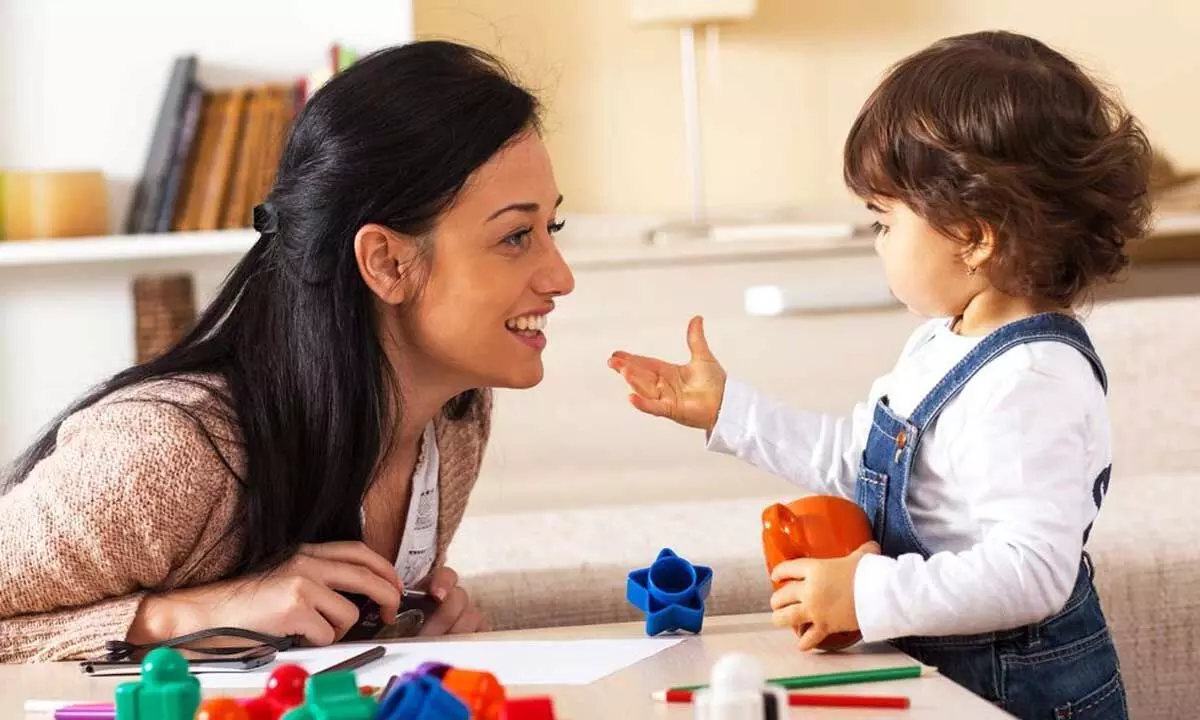Why loving, nurturing relationships are important for child development

Why loving, nurturing relationships are important for child development
Children’s relationships shape the way they see the world and affect all areas of their development.
Children’s relationships shape the way they see the world and affect all areas of their development. Through relationships with parents, family members, and caregivers, children learn about themselves and their world.
This is because relationships allow children to express themselves (a cry, a laugh, a question) and get something in return (a hug, a smile, an answer). What children “receive” gives them very important information about what the world is like and how to act in the world: how to think, understand, communicate, behave, show emotions and develop social skills.
When you respond warmly to your child’s needs, you’re also helping him feel safe and secure, and you’re building a strong relationship between you. And when your child feels secure and attached to you, he’s more likely to have the confidence to explore his world.
Loving and nurturing relationships play a crucial role in a child’s development for several reasons:
Emotional development
Positive relationships provide children with a secure and loving environment, which fosters emotional well-being. When children feel loved, supported, and cared for, they develop a strong sense of self-worth and confidence. They learn to regulate their emotions, express themselves, and form healthy attachments with others.
Social skills
Through nurturing relationships, children learn important social skills such as empathy, cooperation, and communication. They observe and imitate the behavior of their caregivers, acquiring essential social and emotional cues. These skills help children navigate relationships, resolve conflicts, and build meaningful connections with others throughout their lives.
Cognitive development
A nurturing relationship with caregivers promotes cognitive development in children. When children feel secure and loved, they are more likely to explore their environment, ask questions, and engage in learning activities. They develop a curious mindset and a thirst for knowledge, which lays a strong foundation for their intellectual growth.
Language development
Loving relationships provide children with ample opportunities for language development. Caregivers who engage in positive and responsive communication with children help them expand their vocabulary, improve their language skills, and develop effective communication strategies. This, in turn, enhances their cognitive abilities, problem-solving skills, and future academic success.
Resilience and coping skills
When children have nurturing relationships, they develop resilience and effective coping mechanisms. Caregivers who provide emotional support and guide children through challenges help them build resilience, learn problem-solving skills, and develop the ability to bounce back from setbacks. This equips children with the tools they need to handle stress, overcome obstacles, and adapt to new situations as they grow older.
Self-regulation
Nurturing relationships contribute to the development of self-regulation skills in children. Through consistent and loving interactions, children learn to manage their emotions, control their impulses, and develop a sense of self-control. These skills are crucial for academic success, maintaining healthy relationships, and making positive life choices. In summary, loving and nurturing relationships provide the foundation for a child’s overall development. They promote emotional well-being, social skills, cognitive growth, language development, resilience, and self-regulation. Investing in these relationships is essential for creating a supportive and nurturing environment that allows children to thrive and reach their full potential.














